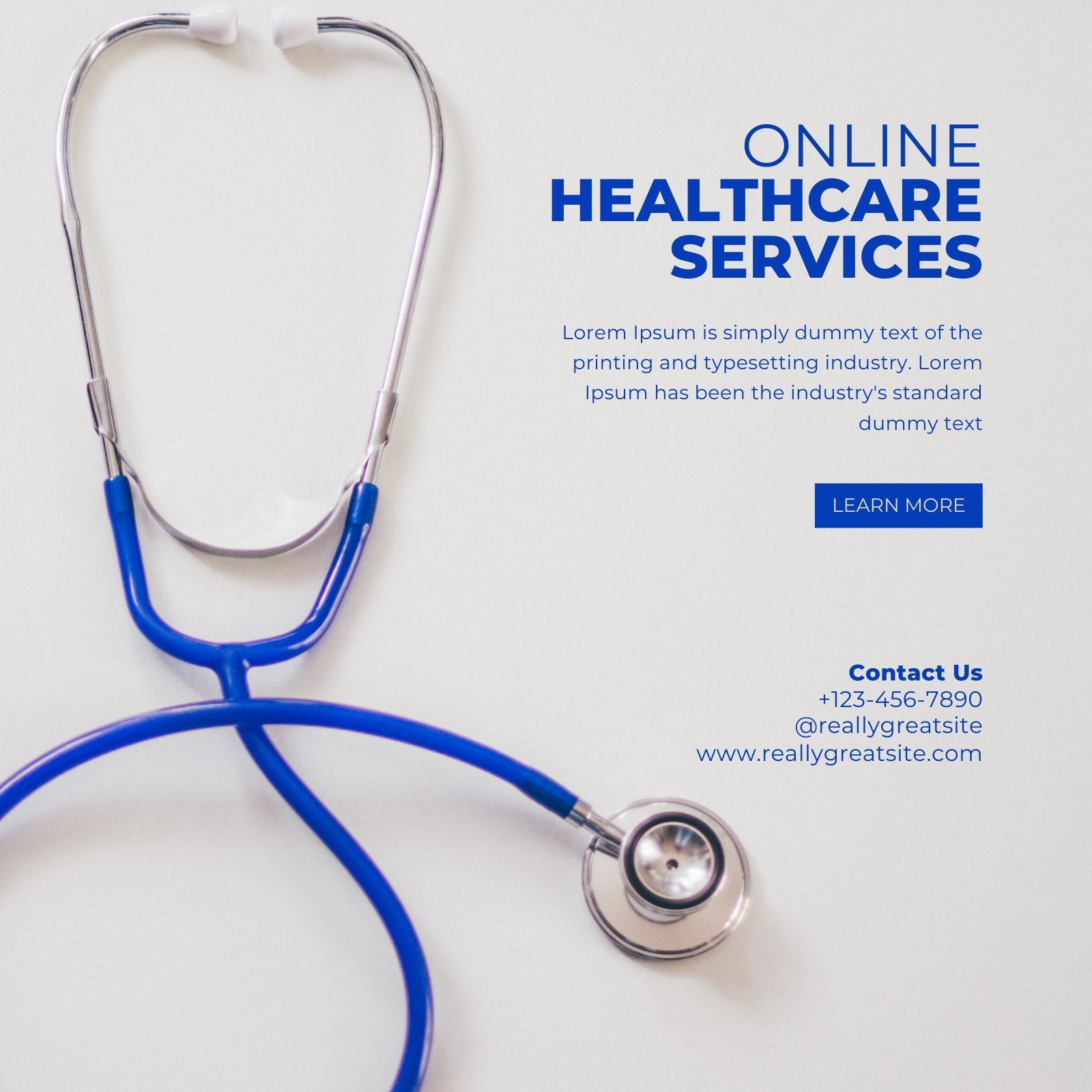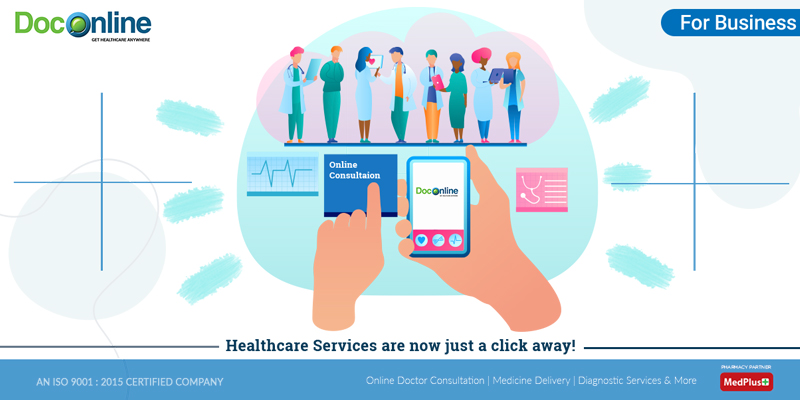The Future of Medication: Discovering Subscription Based Healthcare Models
The Future of Medication: Discovering Subscription Based Healthcare Models
Blog Article
Understanding the Cost-Effectiveness of Subscription-Based Medical Care Models
As the health care landscape evolves, subscription-based versions arise as a compelling alternative, guaranteeing to redefine exactly how individuals take care of clinical costs. Reviewing these versions' cost-effectiveness demands a nuanced comparison with typical insurance, considering both economic ramifications and person satisfaction.
Overview of Subscription-Based Versions
Subscription-based healthcare versions, often referred to as straight health care or concierge medicine, are significantly getting attention as a potential service to inadequacies within conventional healthcare systems. These designs operate on the principle of offering people direct accessibility to health care suppliers with a month-to-month or annual cost, bypassing the requirement for typical insurance policy systems. This plan aims to simplify patient-provider communications by reducing management concerns, which frequently prevent timely and individualized care.
At the core of subscription-based designs is the focus on a more tailored person experience. Individuals take advantage of improved accessibility to their physicians, commonly consisting of next-day or same-day visits, expanded assessment times, and straight communication channels such as phone or video clip phone calls. This design cultivates an aggressive strategy to health care, where carriers and clients can collaboratively concentrate on preventative care and persistent illness monitoring.

Price Contrast With Standard Insurance

One of the main financial advantages of registration models is openness in costs. On the other hand, standard insurance policy might be a lot more helpful for people requiring specialized treatment or costly treatments not covered under a subscription model, as they benefit from the more comprehensive protection network and cost-sharing devices.
Nevertheless, cost-effectiveness is context-dependent. While subscription designs could offer savings for those mainly requiring health care, people with chronic conditions or specialized medical care requirements might locate traditional insurance coverage a lot more thorough. For that reason, evaluating details healthcare demands and possible use is vital in identifying one of the most cost-effective alternative for individuals.
Influence On Person Contentment
Client satisfaction within subscription-based medical care models typically reflects a substantial renovation over traditional insurance systems. This improvement is mostly credited to the individualized treatment and accessibility these models offer. People regularly report greater contentment because of decreased wait times and the ease of organizing appointments. Unlike typical systems, where individuals may experience hold-ups in receiving treatment, subscription-based designs guarantee even more direct and prompt interactions with medical care providers.
Moreover, the openness in costs connected with subscription-based health care relieves the typical aggravations connected to unexpected fees and intricate billing processes seen in standard insurance policy (subscription based healthcare). Individuals appreciate recognizing the specific economic dedication upfront, resulting in raised trust and self-confidence in their healthcare administration
Additionally, visit our website the emphasis on preventive care and health in registration models adds to improved health and wellness end results, better improving individual fulfillment. By concentrating on continuous health care as opposed to episodic treatment, individuals experience a more constant and alternative healthcare journey.
In addition, the enhanced provider-patient relationship cultivated in these designs, characterized by even more time spent per individual and individualized attention, plays an important role in raising patient contentment degrees, as patients feel genuinely taken care of and comprehended.
Provider Perspectives and Experiences
From the carrier's point of view, subscription-based medical care versions supply a transformative method to supplying clinical services. These versions emphasize a proactive and preventative health care method, allowing suppliers to concentrate on comprehensive patient care without the constraints of typical fee-for-service setups (subscription based healthcare). This shift in focus typically causes enhanced individual outcomes and enhanced supplier contentment, as medical care experts can assign more time and resources to person engagement and individualized care strategies
In addition, registration versions assist in foreseeable revenue streams, which improve financial security for doctor. This predictability permits boosted resource preparation and allotment, adding to an extra reliable health care delivery system. Suppliers can purchase personnel training, facilities, and technology renovations, therefore boosting the quality of treatment used.
Nevertheless, the shift to subscription-based versions is not without difficulties. Despite these difficulties, lots of suppliers discover that the benefits of increased individual interaction and structured procedures surpass the preliminary challenges, making subscription-based designs an appealing choice.
Future Potential Customers and Challenges

A key obstacle is governing conformity, as membership designs have to stick to evolving medical care policies and insurance coverage needs. This demands constant adaptation and technology to guarantee positioning with legal requirements. Additionally, integrating these versions right into existing medical care frameworks can be complicated, needing substantial financial investments in modern technology and training.
There is likewise the possible danger of creating inequities in medical care gain access to, as registration designs might prefer those who can afford them, leaving vulnerable populaces underserved. Addressing this requires thoughtful factor to consider of prices approaches and subsidy systems to ensure inclusivity.
Final Thought
Subscription-based medical care models provide a sensible alternative to standard insurance policy by offering monetary predictability and openness, especially benefiting individuals with chronic problems or constant healthcare requirements. The cost-effectiveness of these versions rests upon individual health care use patterns and situations. While they might boost person fulfillment and streamline budgeting, obstacles continue to be in addressing specialized treatment requirements. Future considerations consist of balancing comprehensive coverage with price and incorporating these versions within the broader health care system for optimum end results.
Subscription-based healthcare models, in some cases referred to as direct main treatment or concierge medication, are progressively acquiring interest as a possible service to inefficiencies within typical health care systems. Unlike traditional systems, where individuals may experience delays in getting care, subscription-based models guarantee more prompt and direct communications with health care suppliers.
These models emphasize a proactive and preventative healthcare method, permitting service providers to focus on comprehensive individual treatment without the constraints of standard fee-for-service arrangements. As these models proceed to get traction, they supply the possible to reinvent client access to care, simplify service delivery, and optimize medical care investing.Subscription-based healthcare models offer a sensible choice to traditional insurance policy by description offering economic predictability and openness, specifically benefiting individuals with chronic conditions or constant healthcare demands.
Report this page